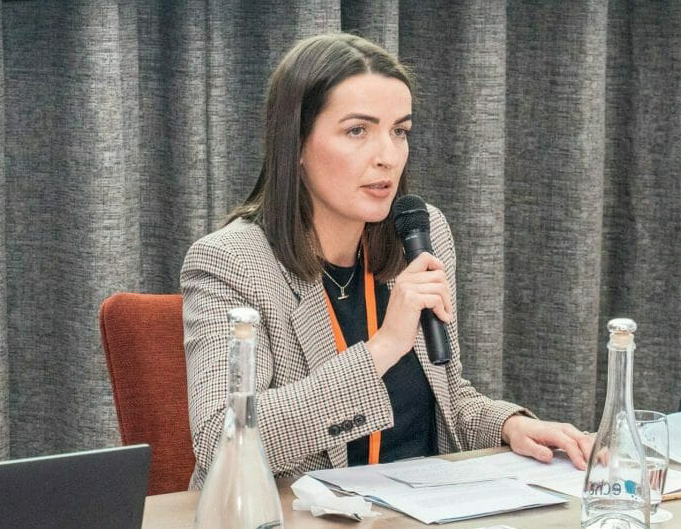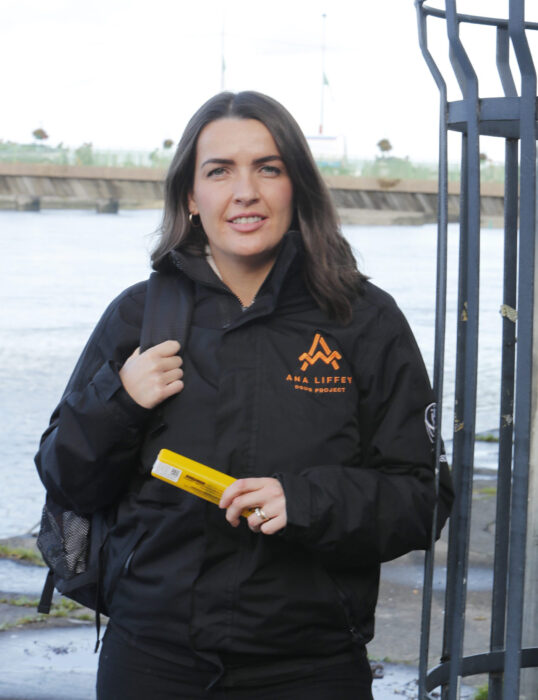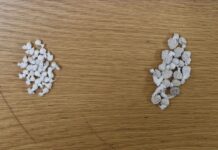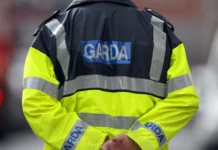
WITH 786 drug-related deaths recorded in Ireland over a twelve-month period, the Ana Liffey Drug Project is highlighting the importance of improved availability of Naloxone, a medication used to block and reverse the effects of heroin and other opioids.
Limerick-based Rachel O’Donoghue, who is Ana Liffey’s Team Leader in the Midwest Region, said that although Naloxone is non-toxic and safe, getting it into the hands of more people is a challenge.
Rachel has personal experience of how Naxolone saves lives.
“Somebody had overdosed in a flat near our office on the Dock Road in Limerick,” she recalls. “One of their friends rushed over to us looking for help. I grabbed some of the Naxolone we have here, went down and found this person completely unresponsive in a stairwell and starting to turn blue.
“I administered it to them intramuscularly and immediately they sat up. We then called for medical assistance, which is standard practice with an overdose. It was incredible.”
Rachel and her team have also experienced the heartbreak of service users, who didn’t have access to Naloxone, dying from overdoses.
“It’s the loss of a life, the loss of a friend, the loss of a family member and the loss of somebody we’ve spent a lot of time with and become close to ourselves,” she explains.
“I’ve been in situations with clients where Naloxone isn’t available and you just feel so powerless. None of us want to be thinking ‘What if?’ anymore.”
Dr Patrick O’Donnell, who is a specialist drug addiction GP based in Limerick, describes Naloxone is a life-saving medication recommended by the World Health Organisation (WHO) for the treatment of opioid overdose.
“We are fortunate in Ireland to have a national Naloxone programme run by the HSE, and this has been embraced by Ana Liffey and many other services across the Mid-West.
“We look forward to continuing to expand the programme, and seeking to ensure people in all parts of the Mid-West have access to Naloxone.”

Those sentiments are echoed by Chair of the Mid-Western Regional Drugs and Alcohol Forum, Michael Lacey who said they were proud to support Nalaxone training, which has a real impact on people’s lives and the saving of lives.
“We would emphasise the importance of overdose awareness and the roll-out of Naloxone. We greatly appreciate all frontline services who support the delivery of Naloxone training,” he added.
Crucially, Naloxone has been embraced by Ana Liffey Mid-West service users like Chris who administered it recently to a young person who’d overdosed.
“I panicked at first and didn’t know where I’d left the Naloxone,” he recounts. “When I found it, I used it straight away and called an ambulance. The ambulance driver said I saved that kid’s life. I felt very proud. Naloxone should be in vending machines all over the city.”
Another Ana Liffey service user, Will, had a similar experience.
“I came across a person overdosing,” he says. “I was terrified but remembered the training I had got and I always carried Nalaxone in my bag. I got over the fear and used it. I felt brilliant saving someone’s life. Everybody should carry it on them.”
Ana Liffey Mid-West enjoy a close relationship with An Garda Síochána and other local emergency services who, Rachel O’Donoghue says, recognise Naloxone’s vital importance as a harm-reduction measure:
“We’re all on the same page and know that it has and will continue to save lives,” she says.
“My hope is that all of us will have conversations about not only Naloxone, but also how we treat people who use drugs with the dignity and respect they deserve.”










